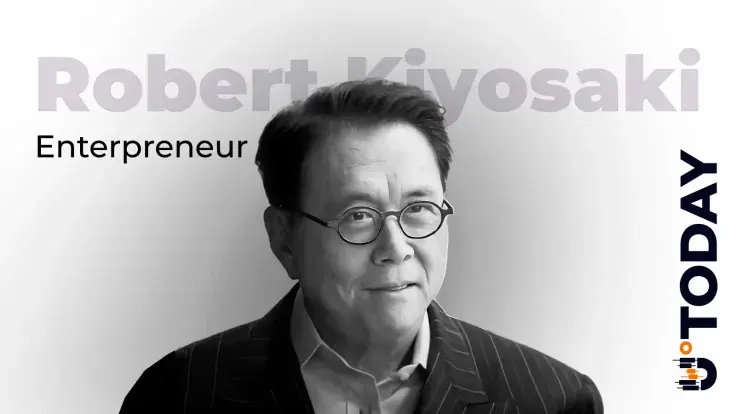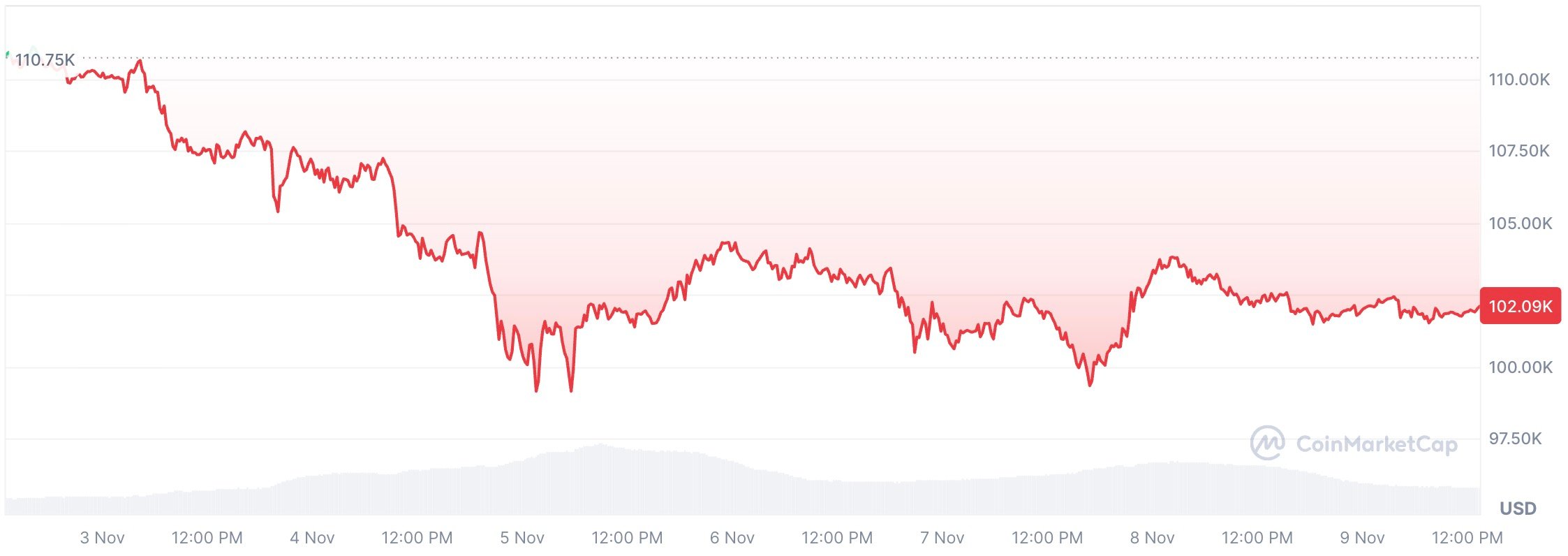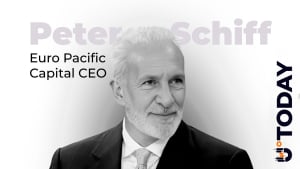
Disclaimer: The opinions expressed by our writers are their own and do not represent the views of U.Today. The financial and market information provided on U.Today is intended for informational purposes only. U.Today is not liable for any financial losses incurred while trading cryptocurrencies. Conduct your own research by contacting financial experts before making any investment decisions. We believe that all content is accurate as of the date of publication, but certain offers mentioned may no longer be available.
Robert Kiyosaki, the author of "Rich Dad, Poor Dad," is warning of a "massive crash" once again — and says that is exactly why he is buying, not selling. In his latest post, the 78-year-old investor outlined his 2026 targets: $27,000 for gold, $250,000 for Bitcoin, $100 for silver and $60 for Ethereum.
The last number immediately caused confusion since Ethereum has not traded anywhere near double digits in years. Many assumed that Kiyosaki meant $6,000 or $60,000, which would line up better with long-term crypto forecasts and his previous optimistic tone about digital assets.

As he explained, he started buying gold in 1971, the year that Nixon removed the dollar’s gold backing — the moment "real money went into hiding," says Kiyosaki. He believes that everything that followed — inflation spikes, monetary bailouts and endless debt expansion — is the result of that single decision.
"Real money"
With this mindset, his logic stretches across asset classes: Bitcoin represents digital gold, Ethereum powers the new monetary network, and both move according to what the author calls the laws of money, not political cycles.
The author accuses the U.S. Treasury and Federal Reserve of violating these laws by printing "fake dollars" to fund government spending.
While others are selling, Kiyosaki says he keeps accumulating gold, silver, Bitcoin and Ethereum even when they crash, insisting that real wealth is built during fear, not euphoria. In his view, the next downturn will not destroy the market; it will reveal who actually holds money that cannot be printed.

 Dan Burgin
Dan Burgin Vladislav Sopov
Vladislav Sopov